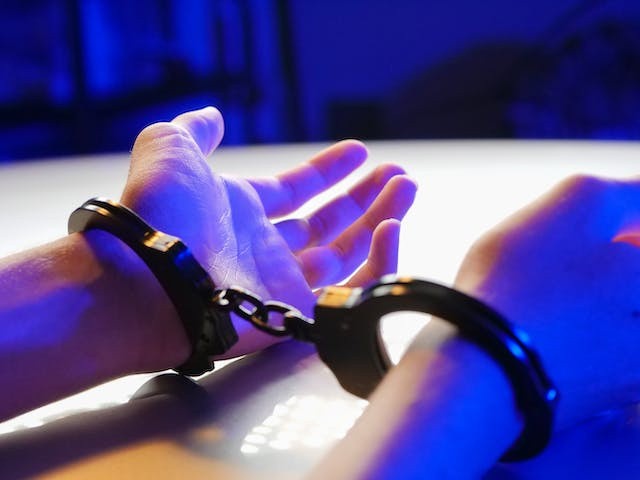
In a recent Supreme Court ruling, an appeal for a new trial by Derek Chauvin, the former Minnesota police officer convicted for the murder of George Floyd, was dismissed. Currently serving over 22 years in prison, Chauvin's legal team, citing pretrial publicity and a tainted jury, had sought a retrial.
Fanning the Flames of Justice
On Monday, the Supreme Court unequivocally declined to hear Chauvin's appeal. The appeal argued that his 2021 trial had occurred amidst political unrest, leading to juror bias. The jury, they opined, could have been influenced by the potential for violence in case of an acquittal.
Chauvin's attorney, William Morhmann, said, "This criminal trial generated the most pretrial publicity in history." Alluding to the post-Floyd-death riots and accompanying safety concerns, he emphasized the extreme measures taken - barbed wire around the courthouse, deploying National Guard troops - during the trial.
Nevertheless, the Supreme Court echoed the Minnesota Supreme Court's decision, turning down the case and effectively reaffirming Chauvin's conviction.
A Murder, A Trial, and A Sentence
On Memorial Day 2020, former officer Chauvin knelt on George Floyd's neck, resulting in his death despite Floyd's pleas of not being able to breathe. This murder and the trial that followed made headlines across the world and sparked a year of intense civil unrest and demands for justice.
Hennepin County Judge Peter Cahill sentenced Chauvin to 22.5 years on counts of second-degree murder, third-degree murder, and second-degree manslaughter.
New Evidence, Same Verdict
In an intruiging twist, Chauvin sought to introduce potential new evidence to his trial. The newly found proof was based on insights from Dr. William Schaetzel, a Kansas pathologist. Though he had not examined Floyd's body, he had reviewed autopsy reports. His conclusion pointed to Floyd's death resulting from complications of a paraganglioma, a rare tumor that can cause a deadly adrenaline surge.
Chauvin argued for this evidence, claiming his plea would not have been guilty had he known about this possibility before. Despite this plea, his request was denied, exemplifying the importance of expert legal help in such high-stakes cases.
ALSO READ: Legal Analysis: Does Gov. Ron DeSantis' 'Permitless Carry' Law Contravene the U.S. Constitution?
The Ripple Effect
The aftermath of Floyd's murder redefined public discourse. The incident sparked widespread protests and riots in the US and Europe alike and became a focal point for ongoing discussions about police brutality and racial injustice.
In this case, the Supreme Court's decision signifies a steadfast commitment to justice, holding individuals accountable despite the potential for community upheaval. As society navigates these crucial issues, the importance of experienced, expert legal help cannot be understated.
Although Chauvin's appeal to present new evidence was dismissed, it underscores the continuance of the quest for justice in the George Floyd murder case, now cemented in history as a cornerstone event in the context of civil rights. The dismissal reminds us that justice is a pursuit where every detail matters, and every voice - individual or collective - has its weight.
Get skilled legal representation if you or someone you know is in court. Remember, every bit of expertise matters in justice. With the right legal advice, you empower your voice and enrich the dialogue on justice and fairness in our society.
RELATED TOPIC: Colcom Foundation Advances Justice for Rural PA Residents with Support of Fair Shake Environmental Legal Services




